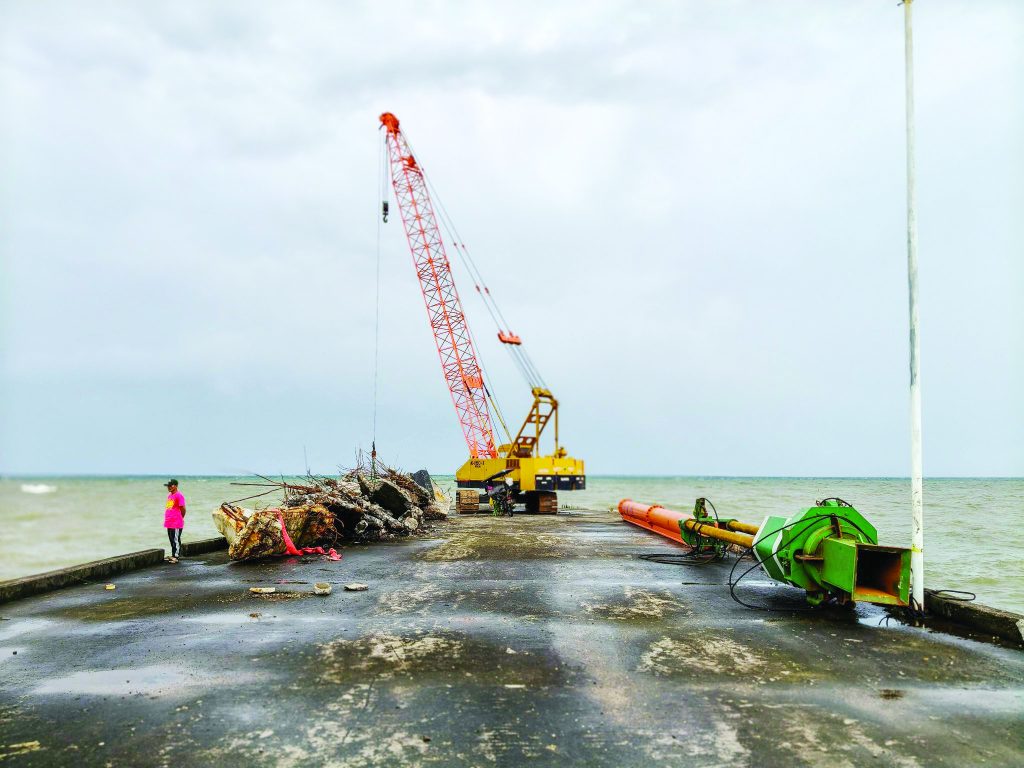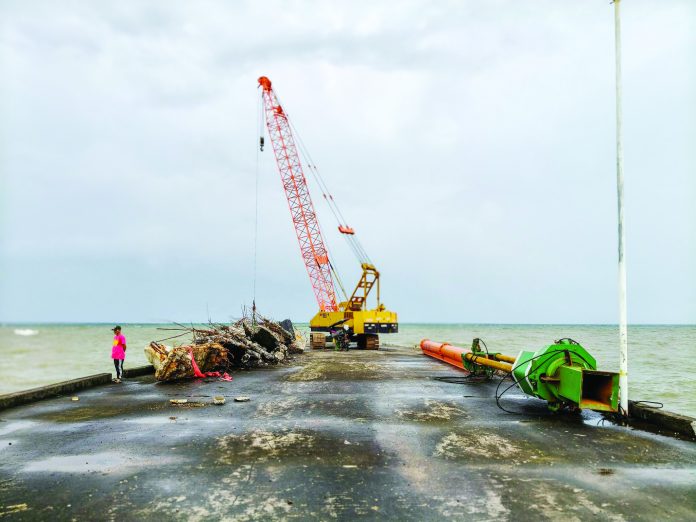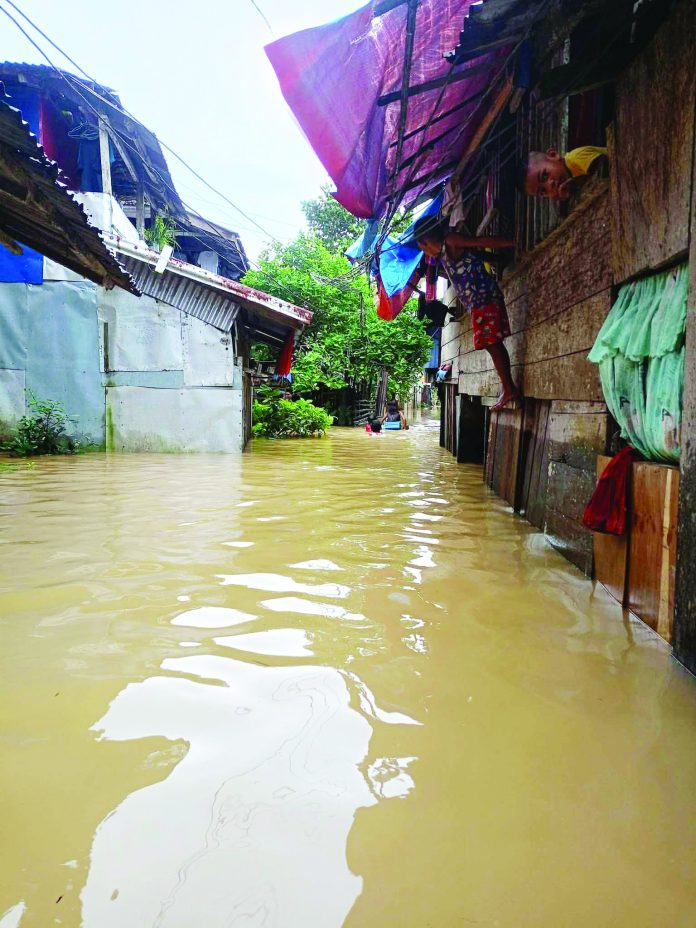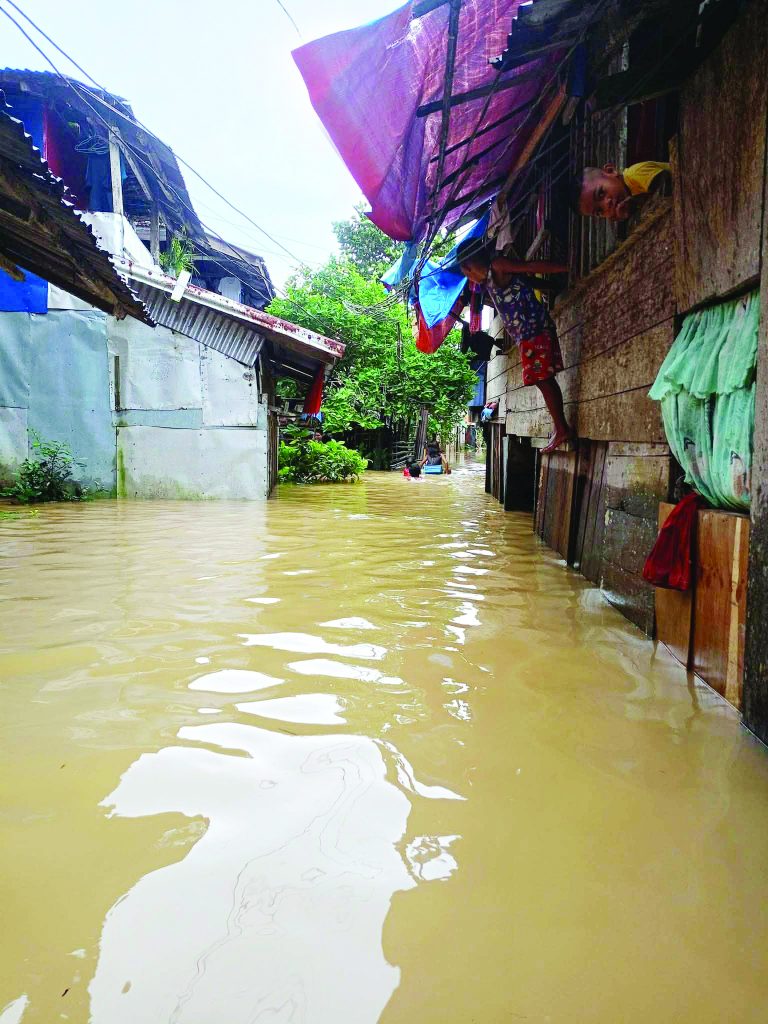
TACLOBAN CITY — Rehabilitation work has begun at Carigara Port as the Philippine Ports Authority (PPA) moves to fix structural damage and prepare the facility for possible use as an alternative transport route, Mayor Eduardo Ong Jr. said.

Ong said the PPA has allocated P20 million for the project, which aims to restore the port’s structural integrity and is expected to be completed within six months.
“Hopefully, it will be finished within six months,” the mayor said in an interview.
The repair comes at a critical time, as restrictions at the San Juanico Bridge currently limit passage to vehicles weighing only up to three tons, constraining transport between Leyte and Samar.
Carigara Port had been eyed as a possible alternative route for vehicles traveling to and from Samar or Matnog, but structural issues prevented its use.
The PPA earlier warned that allowing heavy vehicles to pass through the port could worsen the damage, prompting the need for immediate rehabilitation.
Last year, the Leyte Provincial Board urged the PPA to rehabilitate Carigara Port to improve the movement of goods and passengers, boost economic activity, and ensure faster delivery of aid during disasters.
Ong said the local government will continue coordinating with the PPA and the private sector to encourage ferry and roll-on/roll-off (RORO) operators to use the port once it becomes fully operational.
(ROEL T. AMAZONA)



